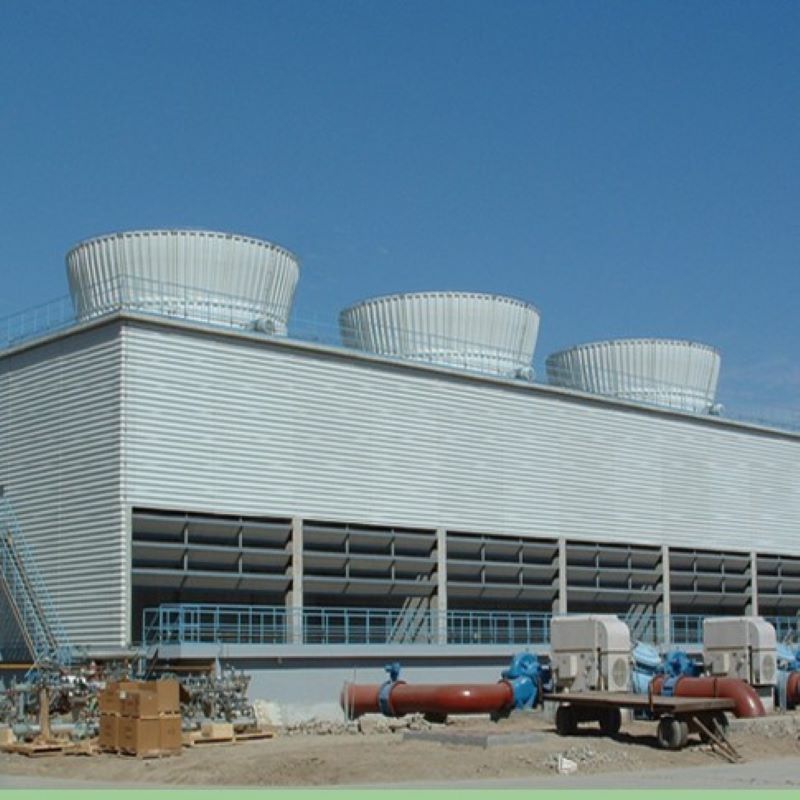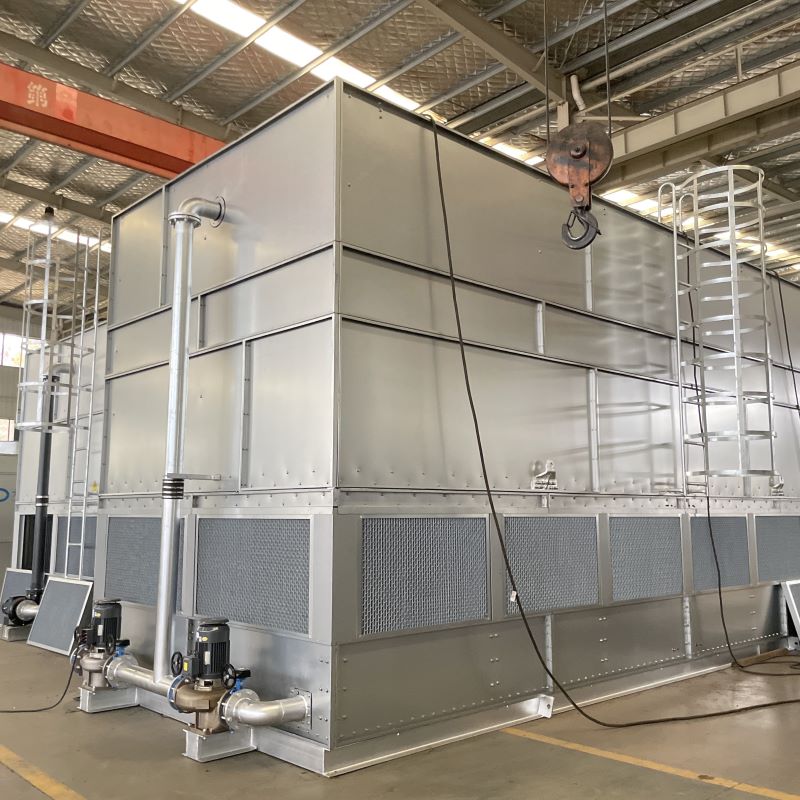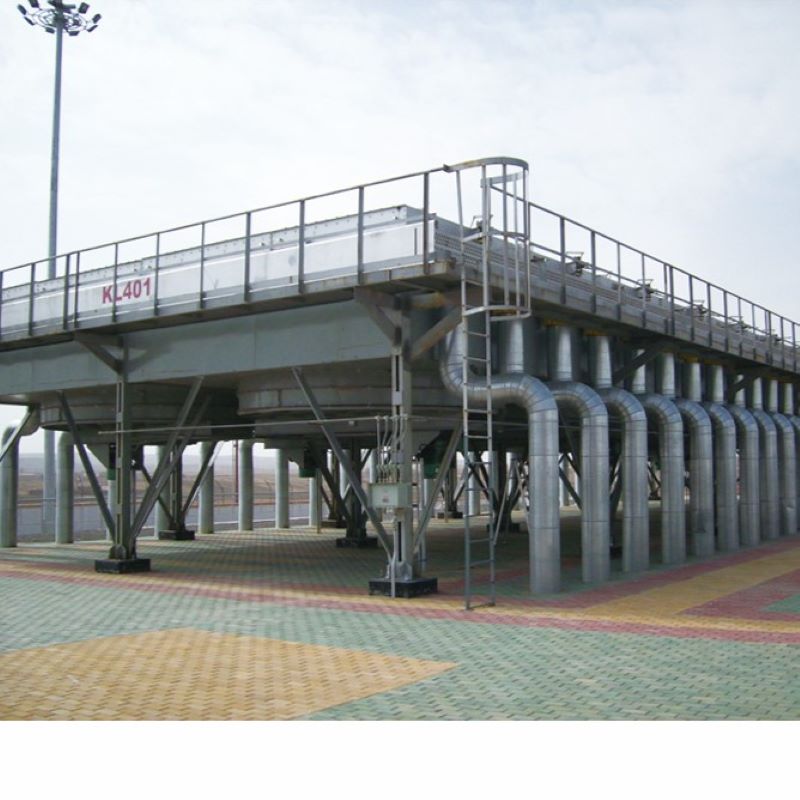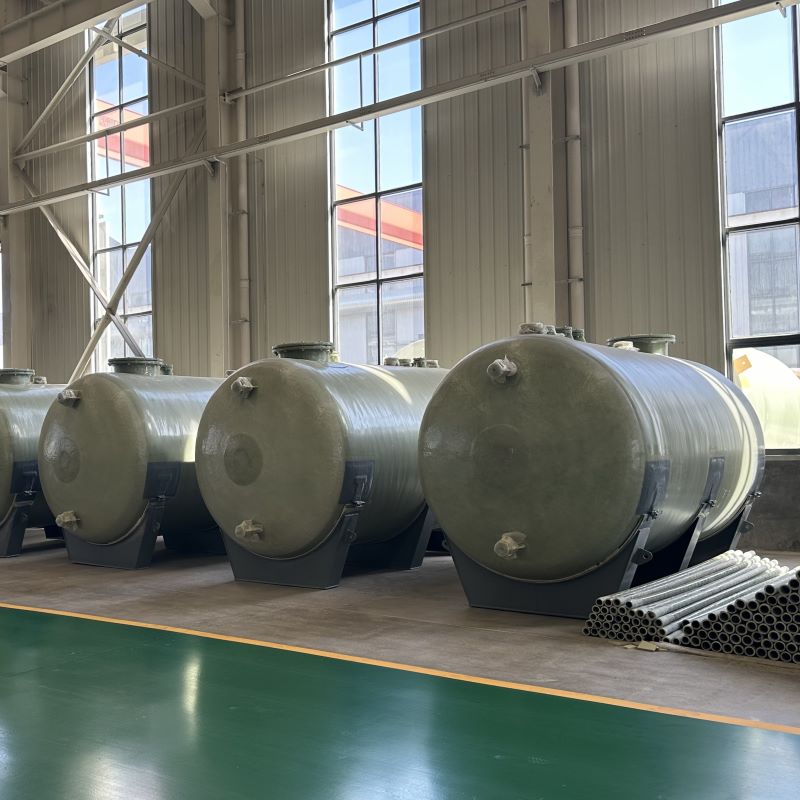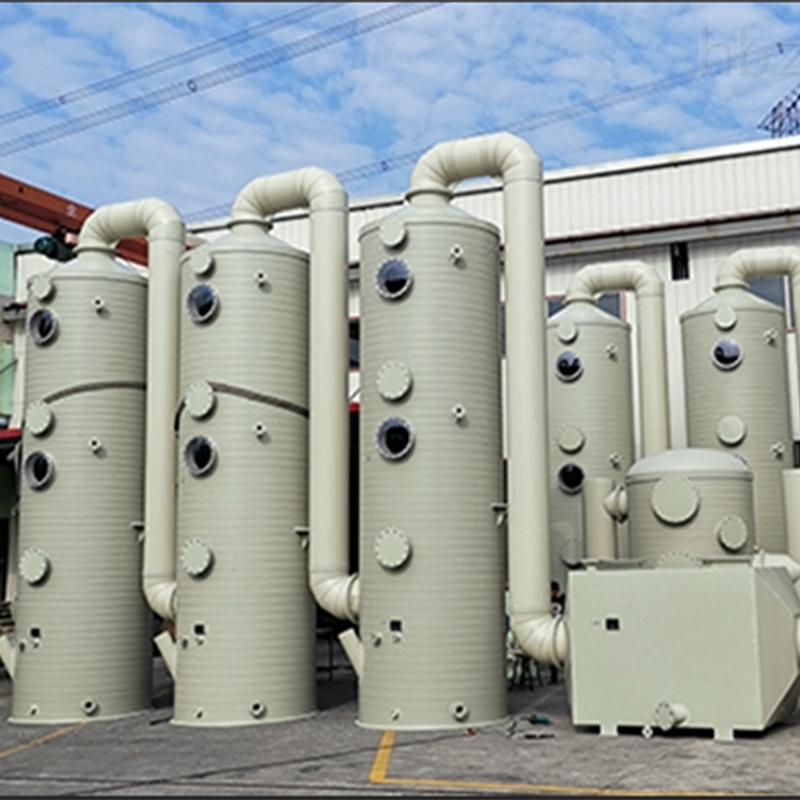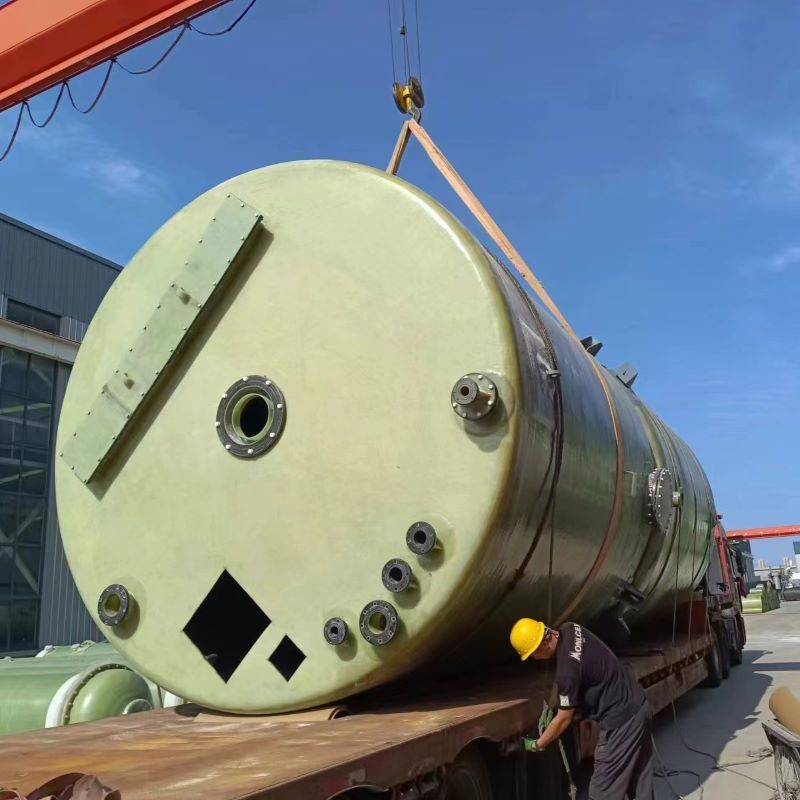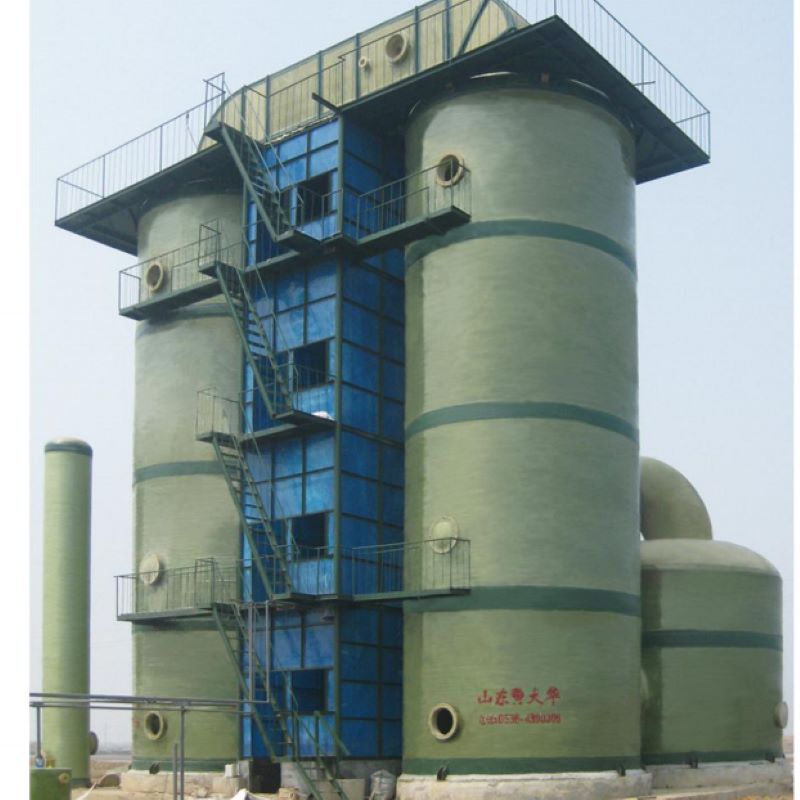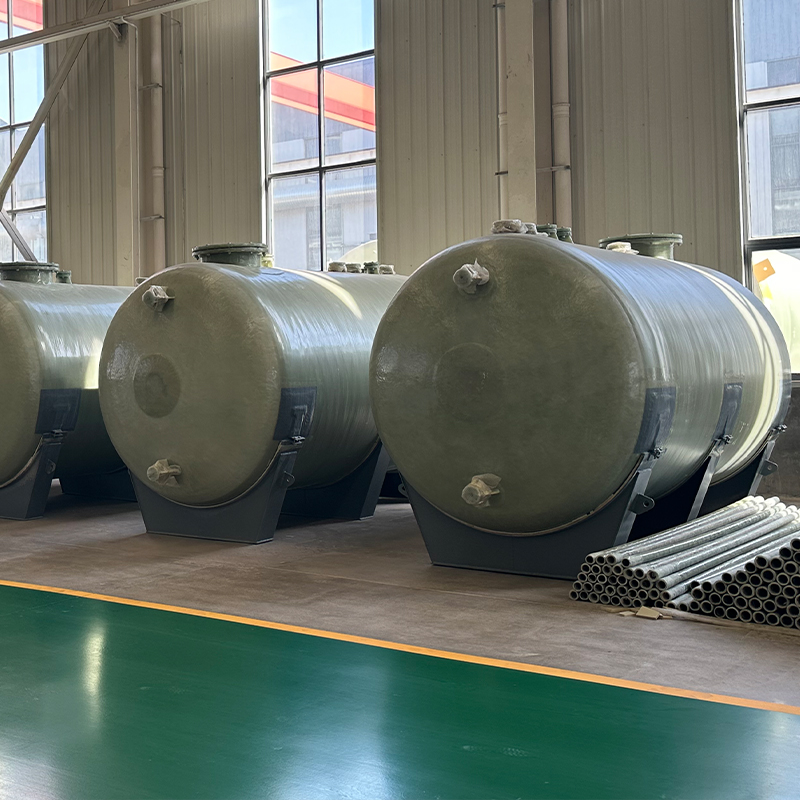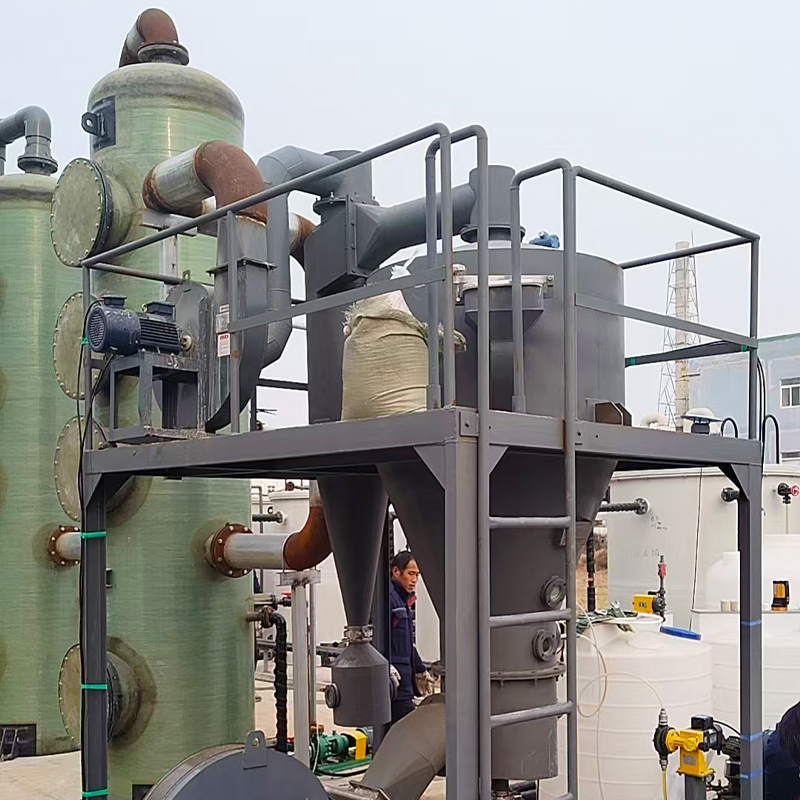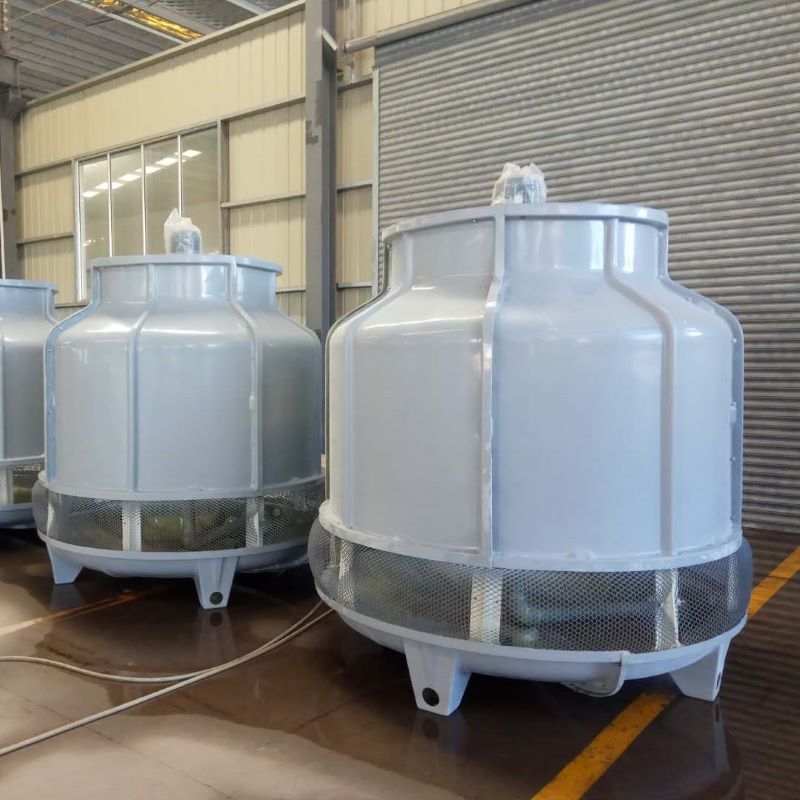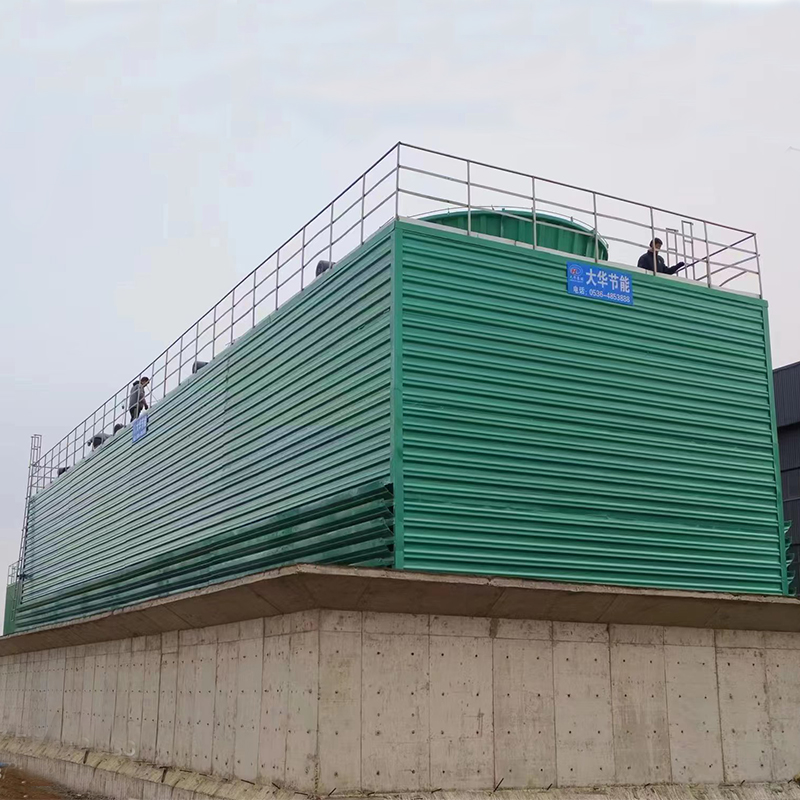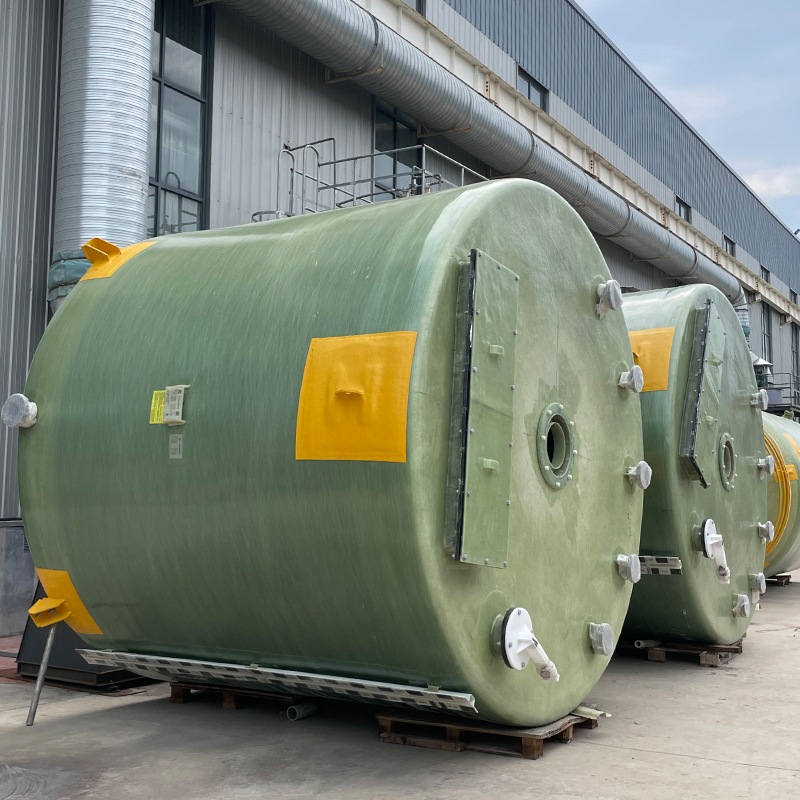
OEM Horizontal FRP Storage Vessel Manufacturer
The Dynamics of OEM Horizontal FRP Storage Vessel Manufacturing
Understanding the intricacies of OEM Horizontal FRP Storage Vessel Manufacturer practices is crucial for anyone involved in the chemical and industrial sectors. While often overlooked, the quality and reliability of these vessels are paramount for safe and efficient operations. It's a niche that requires both technical know-how and industry awareness.
The Basics and Beyond
At first glance, one might simplify the role of an OEM in producing horizontal FRP storage vessels to sheer manufacturing precision. However, it's not just about crafting a durable product. A great deal of thought goes into the material selection, design specifications, and customization capabilities that align with client requirements. I recall a particular project where a client needed vessels resistant to high temperatures. The challenge was not just about using temperature-resistant liners, but ensuring the structural integrity of the vessel with those modifications.
The role of a manufacturer, like those found at Shandong Dahua Group, extends beyond just producing standard models. They must engage in a consultative approach, understanding the specific needs of each industry they serve. For instance, a vessel used in chemical storage would require different specifications compared to one utilized for wastewater treatment.
Moreover, international regulations and standards can significantly impact design and production processes. This means that a competent OEM must stay abreast of changes and incorporate these into their operational protocols, ensuring compliance and customer satisfaction.
Navigating Customer Expectations
Meeting customer expectations isn't just about delivering a product on time. It's about ensuring that the vessel performs as promised under various conditions. One key challenge often involves ensuring the correct resin selection to combat corrosion, which, if not done correctly, can lead to failures and costly downtimes.
I remember the case of a batch of vessels designed for a marine application, which encountered unexpected stress due to environmental factors not initially considered in the design phase. The lessons learned from this situation underscored the importance of thorough environmental and operational assessments before design finalization.
The customization factor also plays a vital role. Clients often seek bespoke solutions to meet unique challenges. An OEM capable of adapting standard designs to meet specific operational demands can provide significant added value.
Technological Innovations
The field is not static. Technological advancements are continuously driving improvements in production efficiency and product robustness. Manufacturers leveraging technology to optimize Horizontal FRP Storage Vessel production processes can offer more cost-effective and timely solutions to their clients.
The integration of advanced manufacturing machinery, like CNC systems for precision cutting, and computer simulations for stress testing, can significantly improve both product quality and manufacturing speed. It's a level of sophistication that allows a company to distinguish itself within a competitive market landscape.
Additionally, modern advancements in resin technology open up new possibilities for performance, offering enhanced resistance to environmental factors and extending the lifespan of the vessels.
Quality Assurance and Testing
A crucial step in the manufacturing process is rigorous quality assurance and testing. It's common to utilize a combination of hydrostatic testing, visual inspections, and ultrasonic scans to assess integrity. These methods ensure that the vessels can withstand operational stresses and environmental conditions.
This phase is where experience and expertise shine. Identifying potential weak points requires both technical skill and a deep understanding of FRP material behavior under stress. I once participated in a project where repeated micro-fractures were traced back to an overlooked manufacturing oversight, emphasizing the importance of detail-oriented inspections.
Continuous improvement based on feedback and testing results is crucial. A proactive approach in this area can prevent future issues and improve overall product reliability and customer satisfaction.
Sustainability and Future Directions
Sustainability is becoming a critical consideration in production processes across many sectors, and FRP storage vessels are no exception. This involves optimizing resource use and minimizing environmental impact during production.
Manufacturers are exploring recyclable materials and waste reduction strategies more frequently. These efforts align with broader industry trends and respond to increasing regulatory demands and consumer expectations.
Looking ahead, the incorporation of smart technology into storage vessels—such as sensors for monitoring structural health in real-time—could offer new levels of operational safety and efficiency. It's an exciting frontier that combines traditional manufacturing techniques with cutting-edge technology.
Соответствующая продукция
Соответствующая продукция
Самые продаваемые продукты
Самые продаваемые продуктыСвязанный поиск
Связанный поиск- high quality double wall frp tank supplier
- Silicon Carbide Bricks for Mannheim Potassium Sulfate
- OEM PP Scrubber Tower
- side draft evaporative cooler exit
- China FRP Composite Storage Tank Manufacturer supplier
- FRP Pipe Fittings supplier
- OEM industrial evaporative cooler Manufacturer
- OEM underground frp tanks exit
- Best Evaporative condenser supplier
- OEM xerxes frp tanks price




